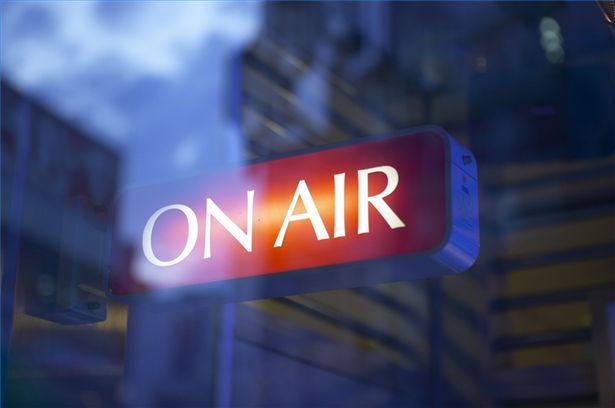An interview with a local radio station is often the starting point for an author’s involvement in publicity. The interviewer’s approach is unlikely to be aggressive; they will be more concerned with producing interesting listening than extracting a confession you don’t want to give. Nevertheless, a few words of advice may be useful.

- Listen to the programme on which you are scheduled to appear for several days before your appointment. Concentrate on the interviewer’s style; think about the questions you are likely to be asked and what kind of people are likely to be listening.
- A television programme will give you advice on what to wear (the level of formality required) and usually help you avoid a colour that clashes with the set. If you are preparing for a radio interview, wear clothes that are comfortable, and avoid jangling bracelets. Beware of filling up your glass with water whilst on the air – from the throaty gurgle, the listener may conclude that you are imbibing much stronger stuff!
- When the interview starts you will probably be nervous, so concentrate on listening to the questions asked rather than thinking about what you want to say. If an interview develops as a conversation, this will make you feel much more comfortable and produce more interesting listening.
- Do not prepare a statement to read out. This will sound wooden and unconvincing, and will tempt you to use words that are part of your written rather than your spoken vocabulary (and are therefore harder to understand). What is more, if the statement is part of the press release sent by a publishing house, the interviewer may use it to introduce you. Try to talk from memory, but with the three most important themes (headlines only!) that you must get over, whatever the questions asked, noted down in case your mind completely freezes.
‘If the public have to make an effort to understand, they will not make the effort.’ - Peter Hobday, radio presenter
The best preparation is to have thought around the subject-matter of your book, and to have considered the possible questions. Can you get a friend to practise interviewing you so you get used to both the approach and the sound of your own voice? Likely questions include:
- Why did you write the book?
- What is the book about?
- Who will read it?
- How long did the writing/research take you?
- What are you planning to do next?
- What advice do you have for other people who would like to write a book?
- If statistics are central to your argument, have one or two to hand (no more) and try to express them in their simplest form (for example, ‘half’ rather than ‘50 per cent’).
Re-read the book just before the interview. This is particularly important if you are now immersed in another.
Comments